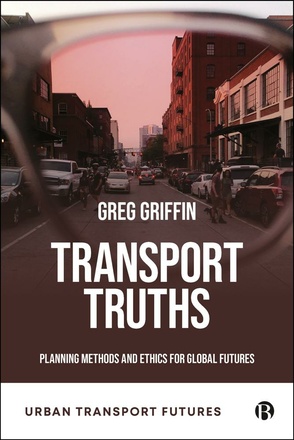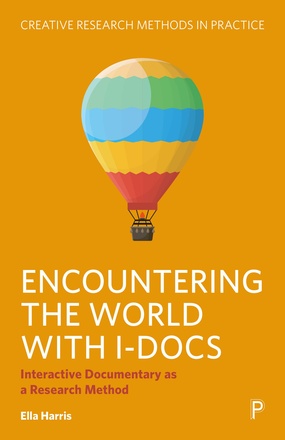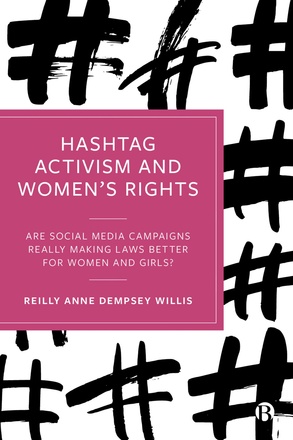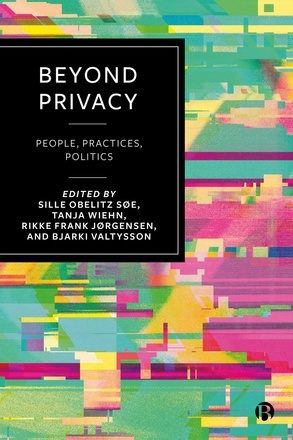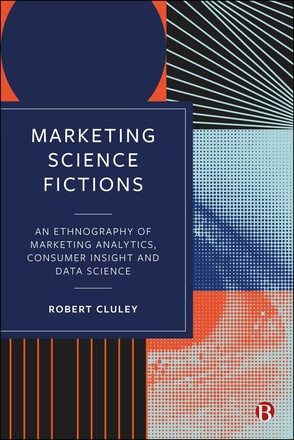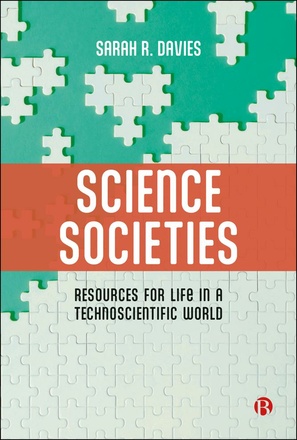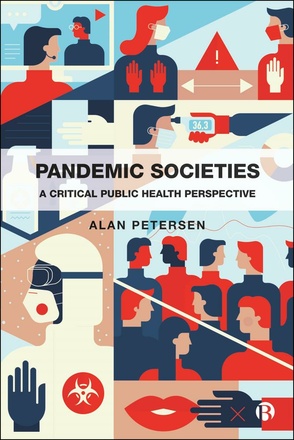
Technology, data and society
Reflecting on UN Sustainable Development Goal 9: Industries, Innovation and Infrastructure, Goal 10: Reduced Inequalities and Goal 16: Peace, Justice and Strong Institutions, our list looks at the potential for innovation and creative solutions to global social problems, whilst critically engaging with the risks, such as worsened social inequality and damage to human rights.
Subjects covered include the development of sustainable technology to help combat climate change, the evolution of artificial intelligence (AI) to analyse data more efficiently, the way social media creates a space for people to organise international social activism and the need to balance our digital lives and retain data sovereignty, especially for the most vulnerable in society.
Bristol University Press and Policy Press are signed up to the UN SDG Publishers Compact. In Technology, data and innovation, we aim to address the following goals: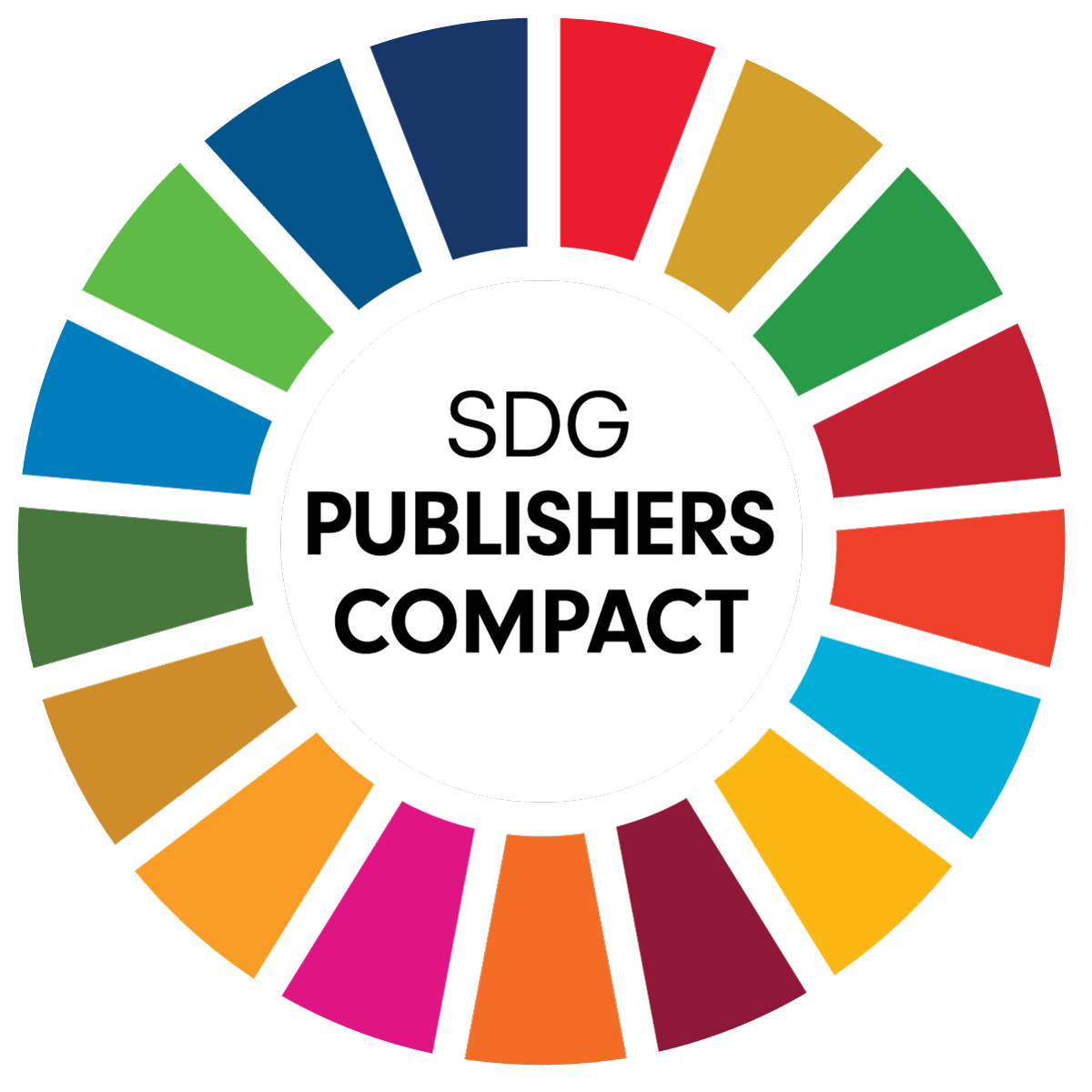



Transport Truths
Planning Methods and Ethics for Global Futures
Ideal for researchers and practitioners looking for fresh approaches to transport problems, this book combines cutting-edge qualitative and qualitative knowledge to inform transport futures. It uses engaging case studies based in The Gambia and the US to show how and why a transdisciplinary approach can result in better planning decisions.
- ForthcomingHardbackGBP 80.00 Pre-order
- Currently not availableEPUBGBP 26.99
Platform Politics
Corporate Power, Grassroots Movements and the Sharing Economy
This book charts the rise and fall of the ‘sharing economy’, the controversial lobbying tactics used by the central companies and the backlash seen so far. It offers key policy recommendations and presents state-of-the-art knowledge around the past, present and future of the platform economy.
Encountering the World with I-docs
Interactive Documentary as a Research Method
This book examines the values of interactive documentary as a social research method, exploring their exciting potential for illuminating and communicating pressing social issues. Providing a template for planning an i-doc, the novel book shows how the planning process alone can open new ways of understanding social research topics.
Hashtag Activism and Women’s Rights
Are Social Media Campaigns Really Making Laws Better for Women and Girls?
This book sheds light on the global legal impact of international social media campaigns on women’s rights.
- ForthcomingHardbackGBP 80.00 Pre-order
- Currently not availableEPUBGBP 27.99
Parenting in an Algorithm Age
Parents talking algorithms and parenthood, amidst datafication
Beyond Privacy
People, Practices, Politics
This timely volume tackles the challenges of privacy in the digital sphere, addressing fundamental societal and structural issues from three perspectives: people, practices and politics. Experts from diverse fields provide a valuable contribution to key debates about privacy and data protection, surveillance capitalism and big tech companies.
- ForthcomingHardbackGBP 80.00 Pre-order
- Currently not availableEPUBGBP 27.99
Marketing Science Fictions
An Ethnography of Marketing Analytics, Consumer Insight and Data Science
This book pulls back the curtain on contemporary data-driven marketing, revealing the intricate ways marketers create value from online data. It offers valuable lessons for academics and students of marketing, technology and data science.
- ForthcomingHardbackGBP 80.00 Pre-order
- Currently not availableEPUBGBP 27.99
Internet Cures
The Social Lives of Digital Miracles
This book explores the intersection of miracle cures and technology with a unique methodology. Unravelling the intricate connections between social, technological, biomedical and non-biomedical spheres, it makes a significant contribution to debates on technology and health.
- ForthcomingHardbackGBP 80.00 Pre-order
- Currently not availableEPUBGBP 27.99
Behind the Science
The Invisible Work of Data Management in Big Science
Available Open Access digitally under CC-BY-NC-ND licence
Examining the data processes at the European Spallation Source facility in Sweden, this book sheds light on the often underestimated, yet essential, contributions of those involved in the design and development of data management systems.
- ForthcomingPaperbackGBP 27.99 Pre-order
- Currently not availableEPUB
- Currently not availablePDF
Controversial Encounters in the Age of Algorithms
How Digital Technologies are Stifling Public Debate and What to Do About It
This book explores how digital technologies shape our opinions and interactions, often in ways that limit our exposure to diverse perspectives and therefore can fuel polarization. Drawing on the ancient art of controversy, (arguing all sides of a case) it offers a way to revive public debate as a source of trust and legitimacy in our society.
Science Societies
Resources for Life in a Technoscientific World
Scientific and technical expertise, now largely understood as the ultimate source of authoritative knowledge, are vital to how our societies operate. This punchy introduction to thinking about science-society relations draws on research and concepts to argue for the importance of knowing.
Pandemic Societies
This important book explores the dimensions, dynamics and implications of the emerging pandemic society, shedding new light on how pandemics are socially produced and, in turn, shape societies in governance, work and recreation, science and technology, education, and family life.
Related journals
Evidence & Policy
eHealth technologies and the know-do gap: exploring the role of knowledge mobilisation
Sharing confidential health data for research purposes in the UK: where are ‘publics’ in the public interest? [Open Access]
International Journal of Care and Caring
Responses to vulnerability: care ethics and the technologisation of eldercare
Critical and Radical Social Work
Technicist education: paving the way for the rise of the social work robots?







